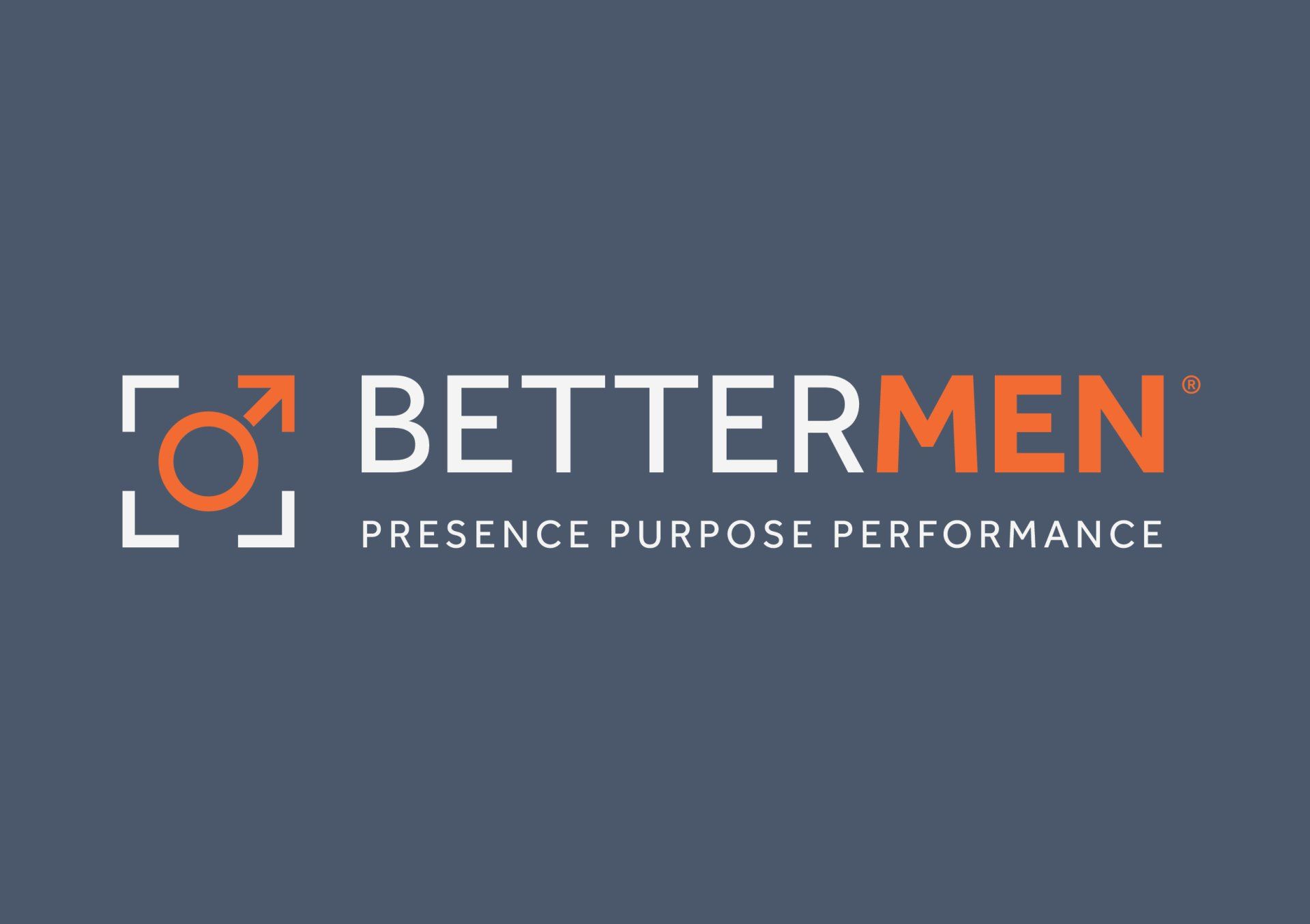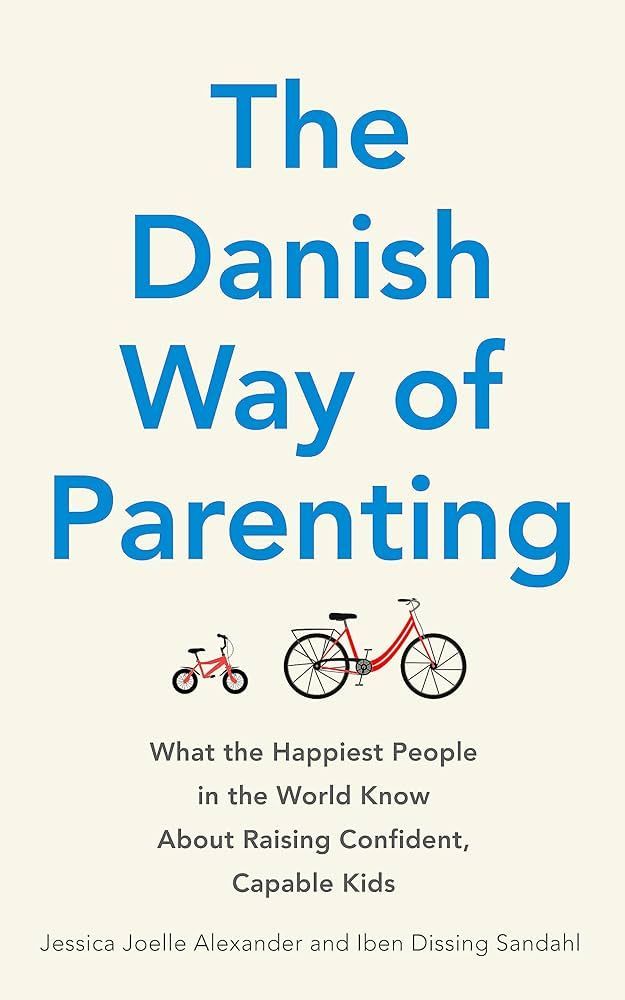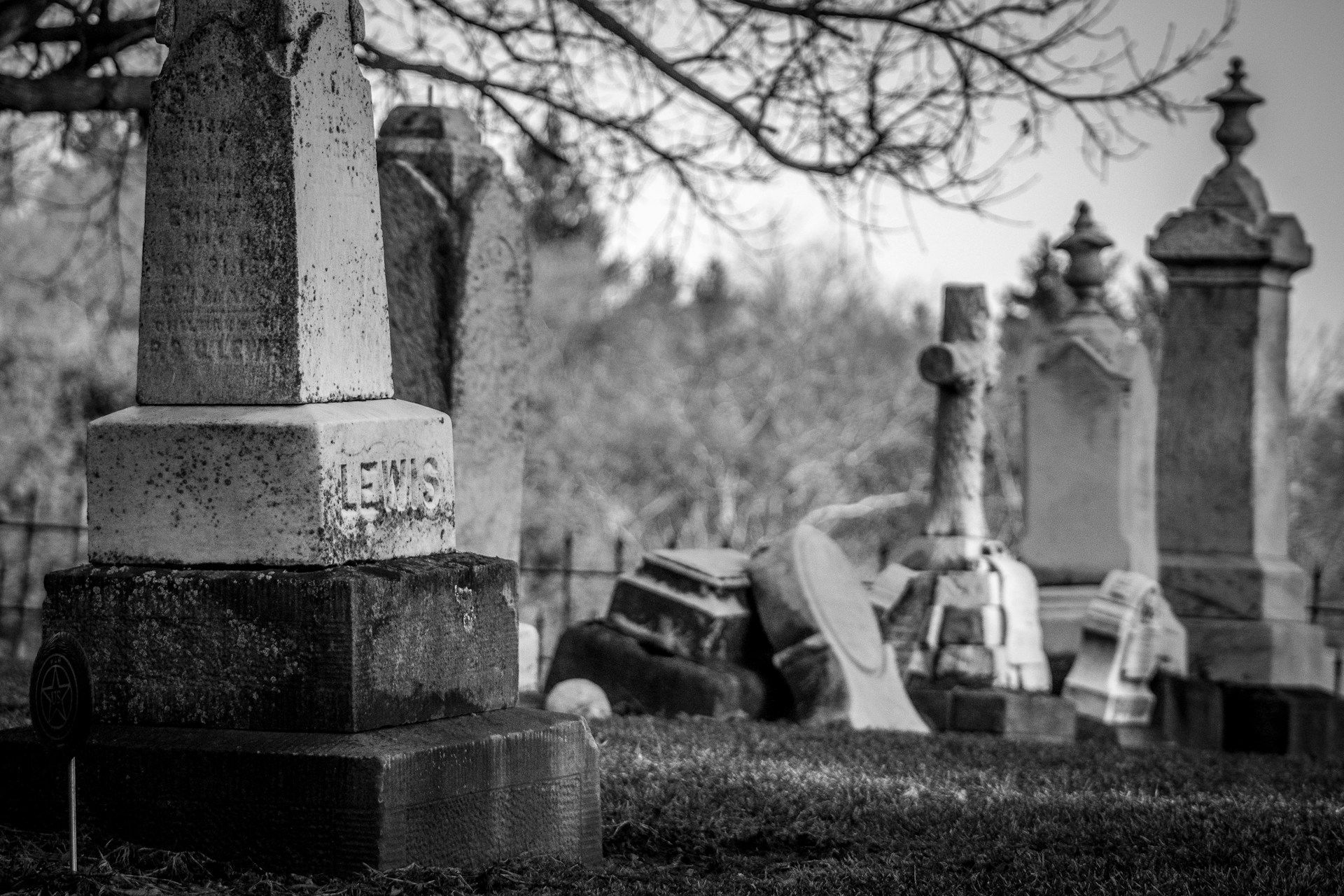June 2024
Life is busy and time is precious. This monthly bulletin saves you time and effort by providing you with a range of resources relating to all things men and mindset.

Don’t just read the quotes.
Instead, take a moment to consider them and hold them up against your life.
This month’s quote theme is: Midlife Reinvention.
A midlife reinvention is a powerful and transformative process where men re-assess and realign their path, passions, and purpose. Whether a man is in his 30’s, 40’s or 50’s, this period is typically triggered by the pressure of time, when a man starts to get a sense of his mortality. It involves self-reflection; it’s where he holds the mirror up to past achievements, unfulfilled aspirations, and current levels of satisfaction, or dissatisfaction.
It's an opportunity to pivot towards roles, or activities, that align more closely with personal passions and emerging values; often those things that sit beyond money and material success. Don't fear stepping out of your comfort zone; sometimes, significant growth requires taking informed risks. Reinventing yourself in midlife isn't just about finding a new job or career; it's about going from strength to strength, rediscovering purpose, and passion, about bringing greater joy and connection into your life. If you’ve felt the intrinsic urge to live differently, but have avoided doing so, it’s never too late to pursue your calling. Bring your attention to reinvention by considering the quotes to the right:
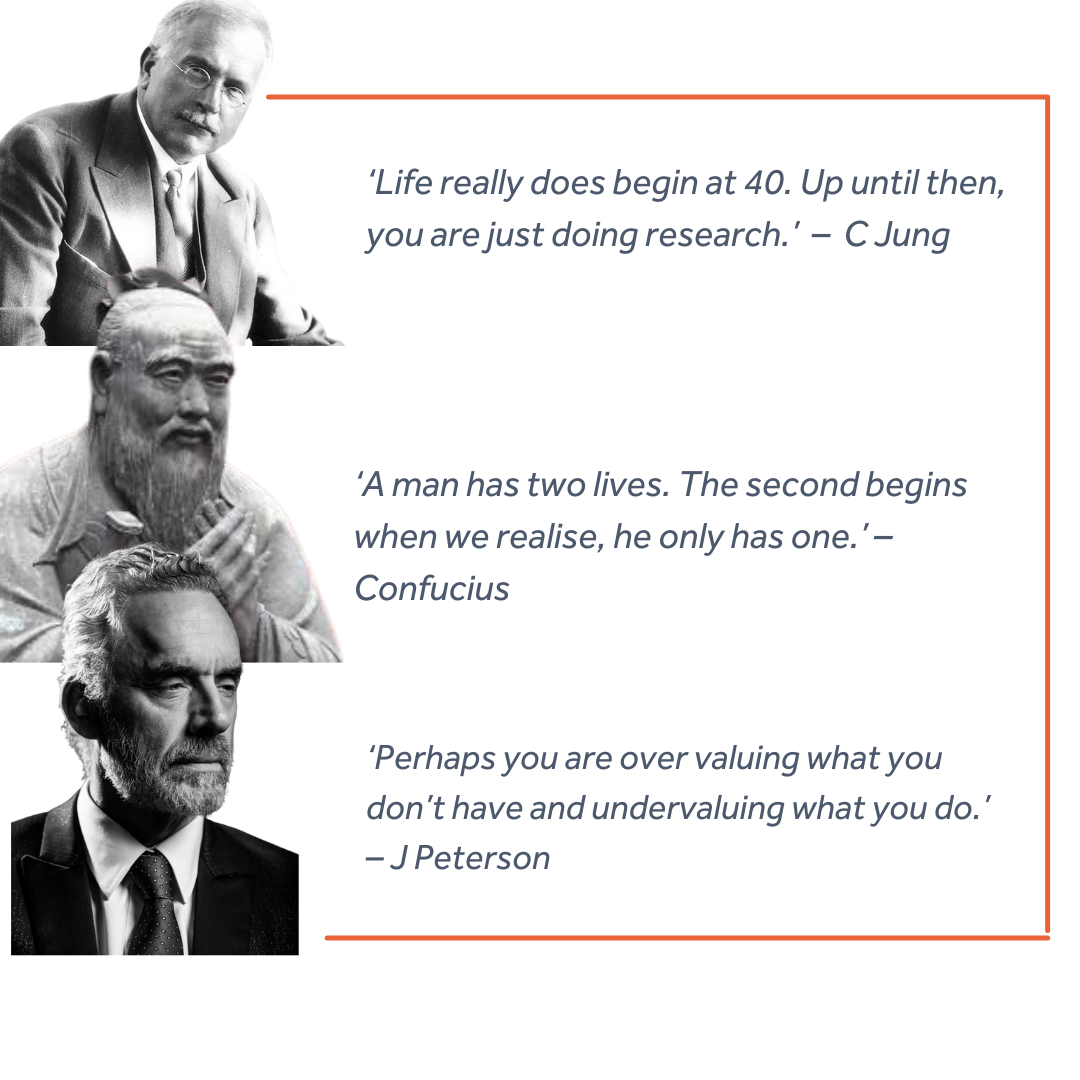

Sit down, take a minute, read, reflect or journal on the prompts presented.
This month’s prompt theme is Sunken Cost.
The sunken cost fallacy is a cognitive bias where people continue investing in a decision based on cumulative prior investments of time, effort and resources, rather than the current and future value of that decision. For men, this fallacy often manifests in their careers and businesses; someone might stay in a job they dislike or continue grinding out business success simply because they’ve already ‘sunk’ so much into it. This thinking is flawed, it traps men, lots of them, in unproductive, soul and sense-of-self eroding situations. The key to overcoming sunken cost fallacy is to evaluate decisions based on present and future benefits, not past investments. Acknowledge the past, but don’t live in it and definitely don’t let it dictate current decisions. By recognising, and avoiding this bias, you can make more rational, beneficial decisions that align with your long-term life goals. Complete the prompts below, without overthinking them, to assess how sunken cost fallacy might be showing up in your life:
I. Holding the mirror up, which relationships, no matter their significance, no longer serve you…?
II. Intuitively speaking, what is one thing that once worked for you that is now working against you…?
III. What is one commitment, that if you had the courage to do so, you would immediately benefit from discarding it…?

This month’s recommendation is The Warrior Academy.
In this episode, a man who walks his talk, and friend, Seb Bates, and I explore the concept of masculinity and its evolution in modern society. Reflecting on my own journey, we discuss the challenges I faced, the societal pressures imposed by ‘traditional’ masculinity, and the importance of redefining what it means to be a man in today's world.
Among many topics, we also delve into the impact of parenting on shaping our children's emotional intelligence, how we cultivate resilience and self-awareness in them and what it takes to bring forth individuality. Take a listen, follow, and connect with Seb, he’s a mission-driven man.
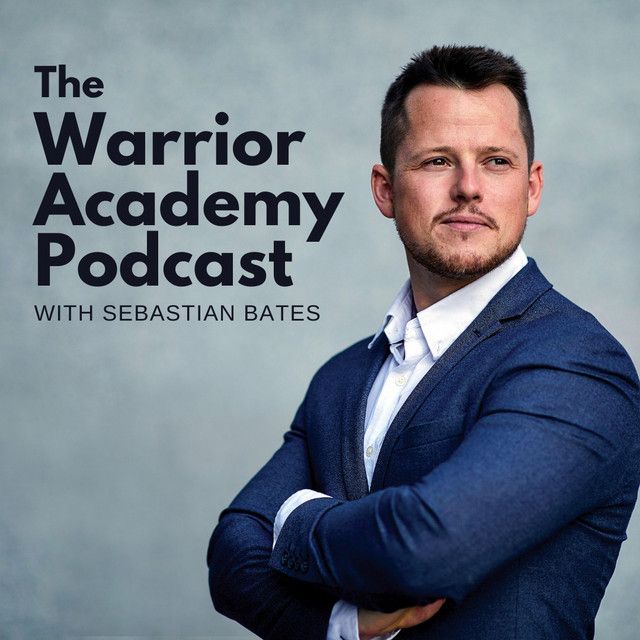

This month’s book recommendation is: The Danish Way of Parenting.
Since records began, Denmark has been at or near the top of the world's happiest countries. On the surface, with bleak, dark winters and a host of other adverse factors, it makes little sense. That is, until you look at their alternative approach to the helicopter, high-stress modern way of parenting that we all seem to have adopted. This upbeat and practical guide reveals the six essential principles that have been working for parents in Denmark for decades.
Digestible, informative and with quick-to-action exercises, it’s a great book for any dad, or caregiver, who wants to equip those they love or care for, with the skills to live a capable, confident and full life.

This month’s content piece shines a light on our morality and work-life addiction and does so with assistance from Orwell’s, Animal Farm. It should come with a trigger warning; it might, if needed, or applicable, break you out of work addiction. Read the post here, or access it on LinkedIn, by clicking the link below:
Men, what will it say on your gravestone? Here lies Lewis Smith: Completed his to-do list and died.
In Orwell’s Animal Farm, we’re introduced to Boxer, the horse. He’s faithful and strong. He’s committed his life to work. His answer to every setback and every problem is:
I WILL WORK HARDER!
He spends his best years enduring a punishing work routine until exhausted, broken and sent to the knacker's yard. He’s a tragic figure! Despite his best intentions, endless effort and belief that he can muscle through any challenge, setbacks seem only to strengthen his commitment to work longer, and harder.
There’s many a man out living life like Boxer. There’s many a man, potentially knowingly, or otherwise, addicted to work, like Boxer. The issue with being a workaholic is that eventually, despite its rewards, it diminishes the quality of one’s health and relationships.
According to the Harvard Business Review, the average CEO, or equivalent, works 62.5 hours per week; yet we all know many work much more than this. Many leaders, or those near the top, especially those conditioned by the patriarchy, get there through outworking, and out-grinding their peers; their winning formula tends to look like this:
Stress + Struggle + Sacrifice = Success
It’s a vicious circle. One that, once in ‘the chair’, is difficult to get break free from, thus the pattern continues, and continues, until there's some kind of intervention, think: health scare, burnout and, or divorce.
Progressing my point around workaholism is a study from Bergan University, Norway. The study looked at the decisions people made around work in an attempt to understand exactly what led people to become workaholics. The research team studied over 1,100 people and developed the Bergan Work Addiction Scale (BWAS) to assess attitudes toward work.
It consists of 7, yes or no questions; I invite you to give it a go:
1. Do you think about how you can free up more time to work?
2. Do you spend much more time working than initially intended?
3. Do you work in order to reduce feelings of guilt, anxiety, and helplessness?
4. Have you been told by others to cut down on work but you don’t listen?
5. Do you become stressed if you are prohibited from working?
6. Do you de-prioritise hobbies, leisure activities or exercise because of work?
7. Have you worked so much that it has negatively impacted your health?
According to the study’s scale, if you said yes to 4 or more questions, you may be a Boxer/workaholic.
Holding the mirror up can be hard, especially when we don't like what we see, but it truly is a travesty that many men spend their lives, complicity, pursuing the wrong rewards.

This month’s TED Talk is: Anxiety. Why Men Don’t Get Itow to build (and rebuild) trust.
In this humble yet insightful TED Talk, Bob Scott, who sadly lost his battle with prostate cancer earlier this year, asks what is it about men that often stops them from talking about their fears and anxieties? For many men, despite an important step-change happening in our lifetime, there’s still an unhelpful hangover from past generations of masculinity that prevents them from sharing their concerns and experiences. Bob, as he shares through compassionate storytelling, had been on his own journey, a journey of deep understanding, and across 18 valuable minutes, he helps men glean insights into what anxiety is, why it's holding them back, and what they can do about it. Given Bob’s passing, and especially to prostate cancer, it makes this even more relevant.

Where in your life do you know you need to do better? How would you feel if another man, potentially a stranger, asked you that question? Would you recoil and shut down, or open up and own your truth?
Many men feel like their experiences are unique to them; subjectively they’d be right, but more broadly, we’re all having similar experiences. It’s a fallacy that men don’t talk. It really is.
Men & Mountains is more than a walking group; we’re a community of like-minded peers who walk so we can talk, chat and connect through conversation. We purposefully go beyond the superficialities of sport, politics and work and the question above was our topic of conversation on this month’s walk; with an unusually low turnout, our smallest in years, it was an intimate and deeply connecting experience. Our 9 miles, see route below, consisted of sun, fun (two tough climbs) and a dip. I think I speak for every man in attendance when I say I came home nourished, connected and tired!
If you want to walk our April route, it can be Accessed Here
If you want to view photos from the walk, Click Here
Our next walks are on:
9 Jun and 21 Jul. If you’re interested in joining us, we’re a community of good-quality, like-minded men who meet to walk and talk - it’s that simple. All you need is reasonable fitness, boots, waterproof and some basic equipment.

Are you - underperforming, lacking purpose, feeling discontent, questioning ‘Is this it?’
Life’s a team sport and the best teams have coaches, for a reason. If you’re unsure, still on the fence, or part of the stubborn old guard who sees seeking support as an admission of weakness or inadequacy, I’ve built a diagnostic tool that will quickly, in less than 2 minutes, assess whether you need a coach, or not.





